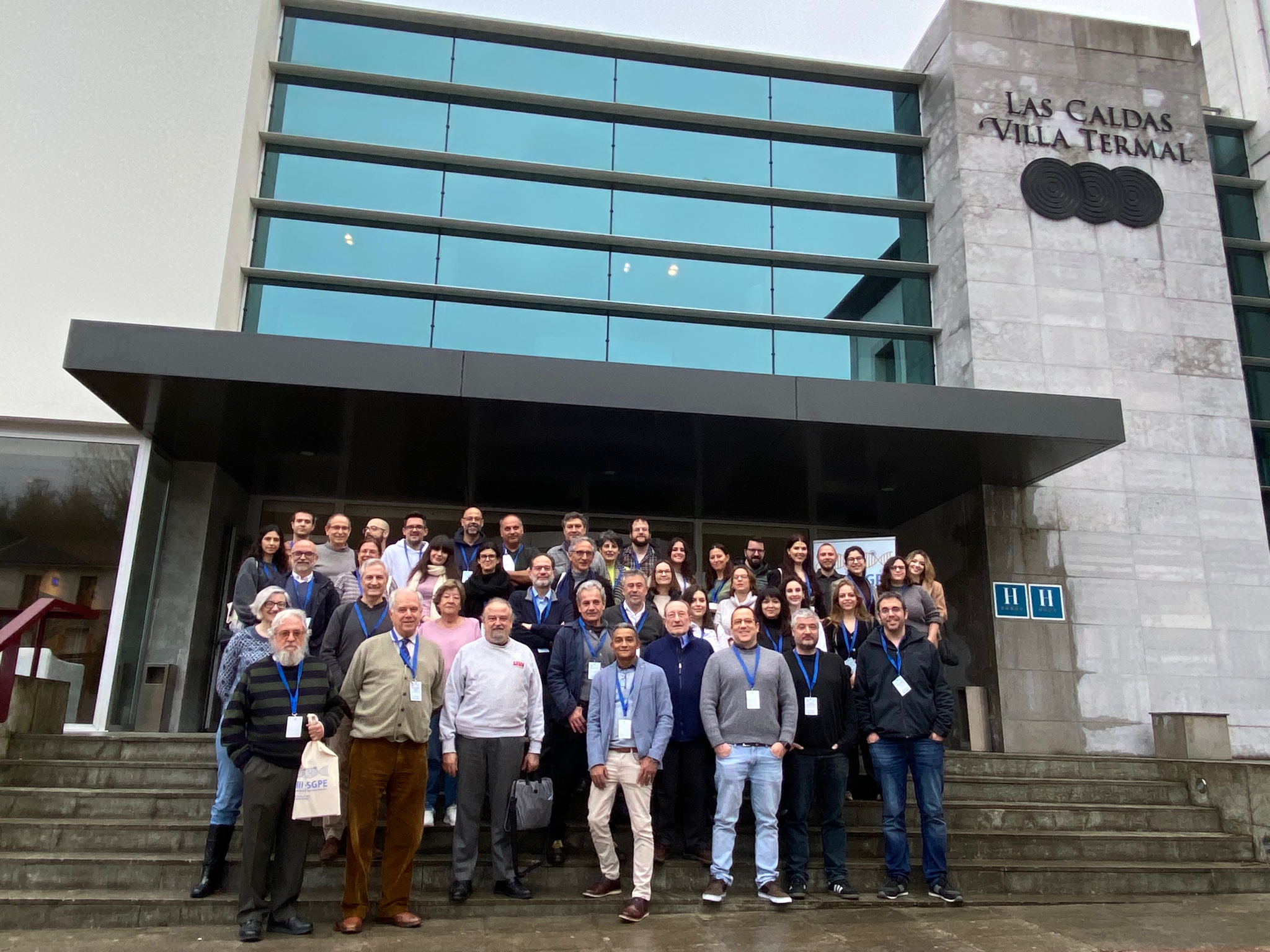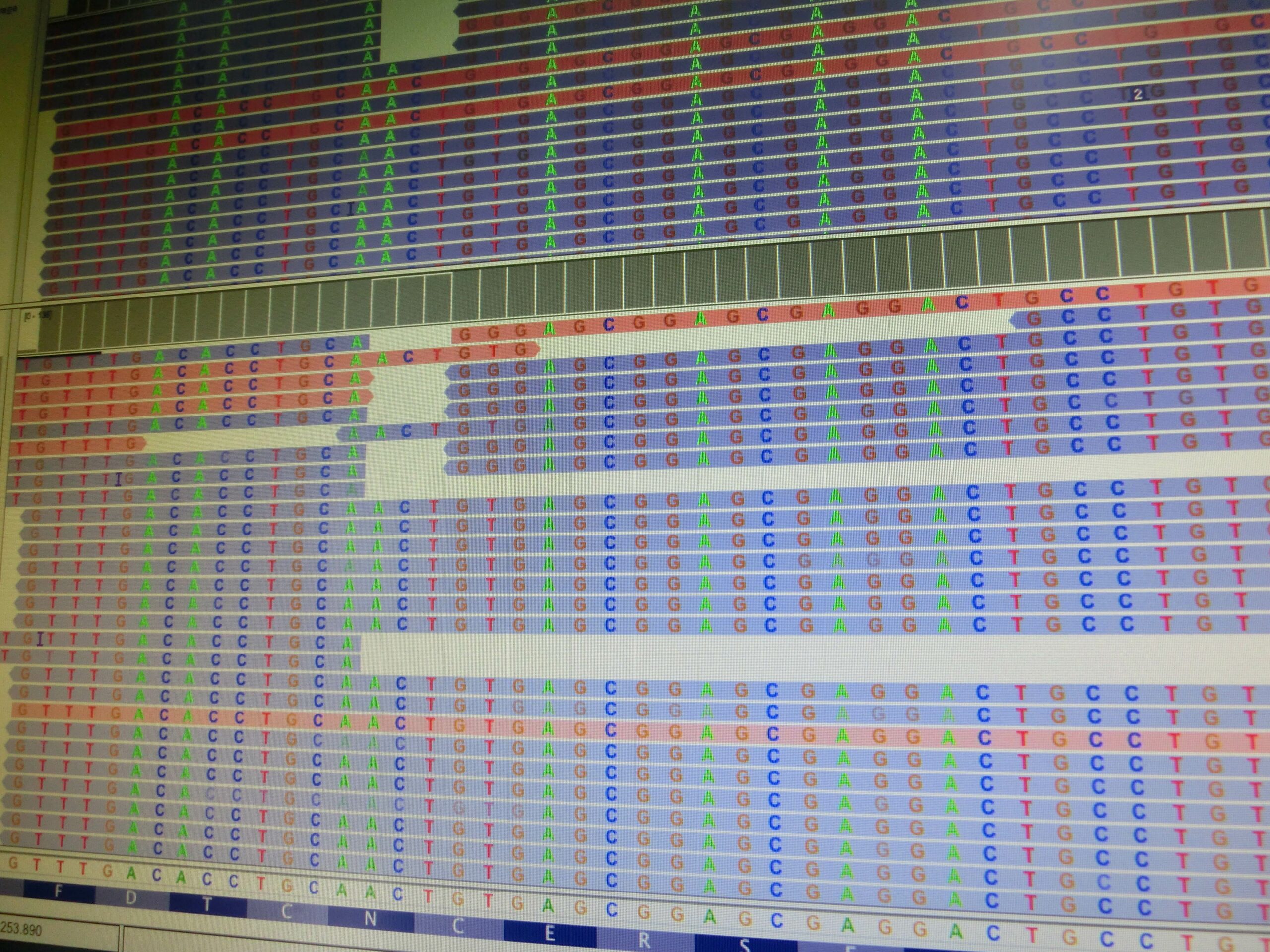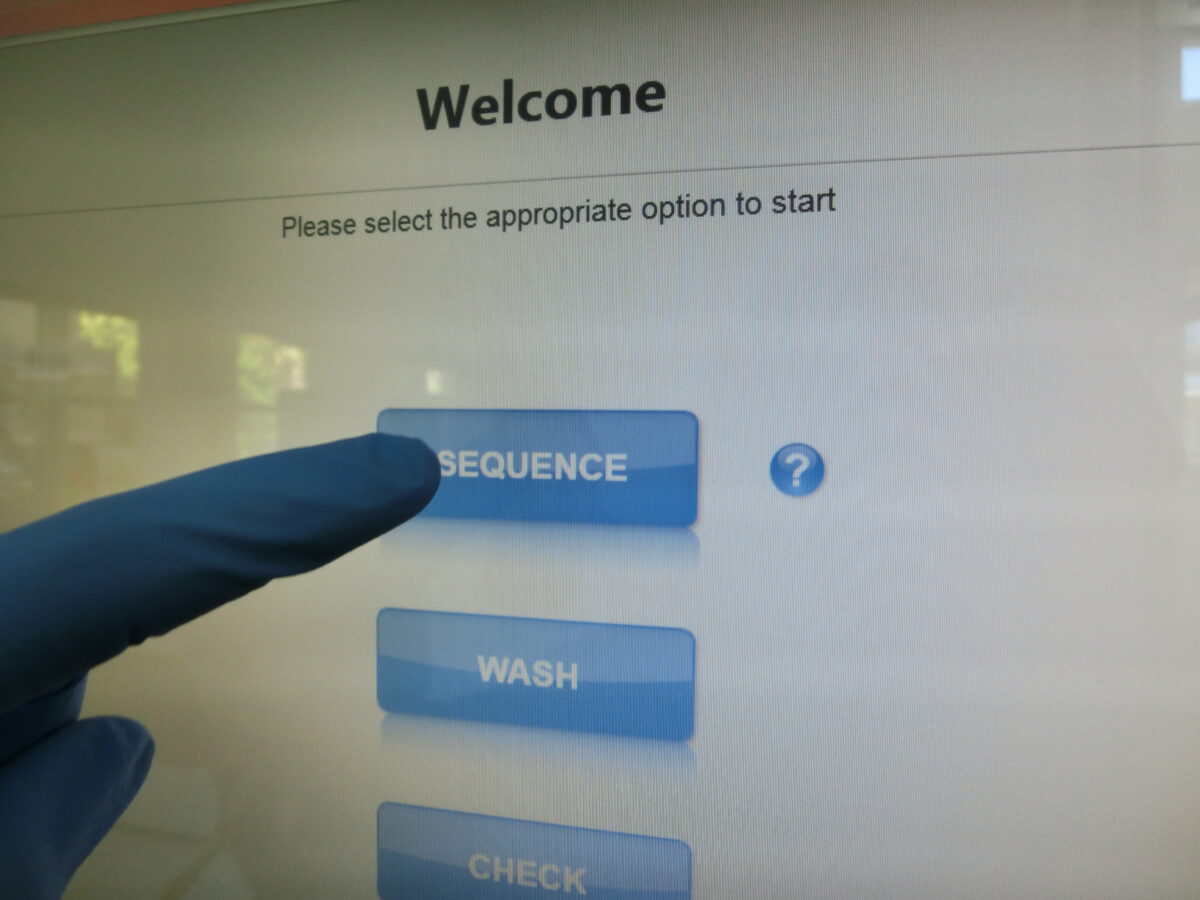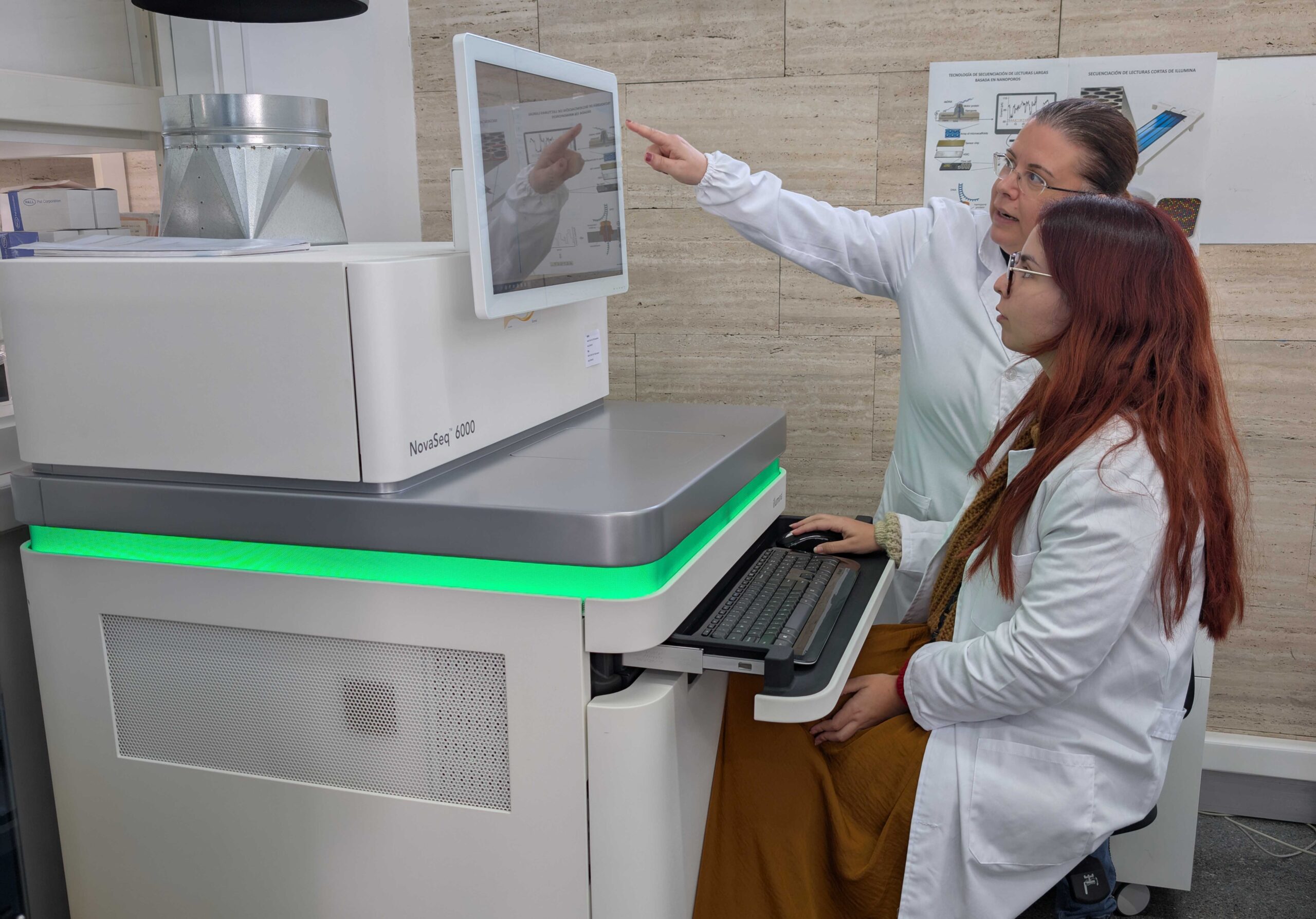The research team of ITER´s Genomics Area presented 6 scientific papers at this scientific event, which brought together more than 60 national experts in population genetics.
The research team of the Genomics Area of the Institute of Technology and Renewable Energies (ITER) participated this year, for the first time, in the Seminar on Population Genetics and Evolution, held in its XXIII edition, from January 18 to 20, 2023 in Oviedo (Asturias).
This scientific event, organized by the University of Oviedo and the University of Oviedo Foundation, brought together more than 60 national experts in population genetics and presented 39 scientific papers focused on three areas: genetic variation, evolution and genetic improvement.
The scientific papers presented at the seminar by the research staff of the Genomics Area were the following:
- Analysis of the mixing strata of the current canaries from the analysis of complete mitogenomes.
- Identification of traces of natural selection and adaptation in the genome of contemporary canaries and biomedical implications.
- Putative positive selection signal at locus 1q21.3 in the current human population of the Canary Islands.
- Evaluation of de novo assembly tools of human genomes from third-generation sequencing data.
- Analysis of bioinformatics tools for the classification of human mitochondrial haplogroups from massive sequencing data.
- Benchmarking tools for classifying Y-chromosome haplogroups from massive sequencing data.
The first of these works has allowed the reconstruction of the continental origins of the contemporary canaries from the analysis of the mitogenome. This particular study has attracted a lot of media atention in the weeks following the publication of the work in the iScience journal entitled “Digging into the admixture strata of current-day Canary Islanders based on mitogenomes“.
The 2nd and 3rd work include recent results related to the study of the traces of natural selection in the genome of the contemporary Canarian population were presented from massive sequencing data, with high resolution, and their biomedical implications.
The 4th paper, an unprecedented comparison of the bioinformatics tools used in de novo assembly (genetic reconstruction that is carried out without using a reference genome) of human genomes from sequencing data obtained with third-generation sequencing technologies, in particular, based on nanopores, also available at ITER, was presented.
And finally, in the 5th and 6th work includes the rest of the works showing various comparisons of bioinformatics tools used for the classification of both the mitochondrial genome and the Y chromosome from massive sequencing data.
The Seminar on Population Genetics and Evolution is the biannual meeting of research staff, teachers and students related to the area of Population Genetics and Evolution. The congress is held every two years and serves to share knowledge and share the latest scientific results on different areas of genetics.
More information about the XXIII Seminar on Population Genetics and Evolution:










